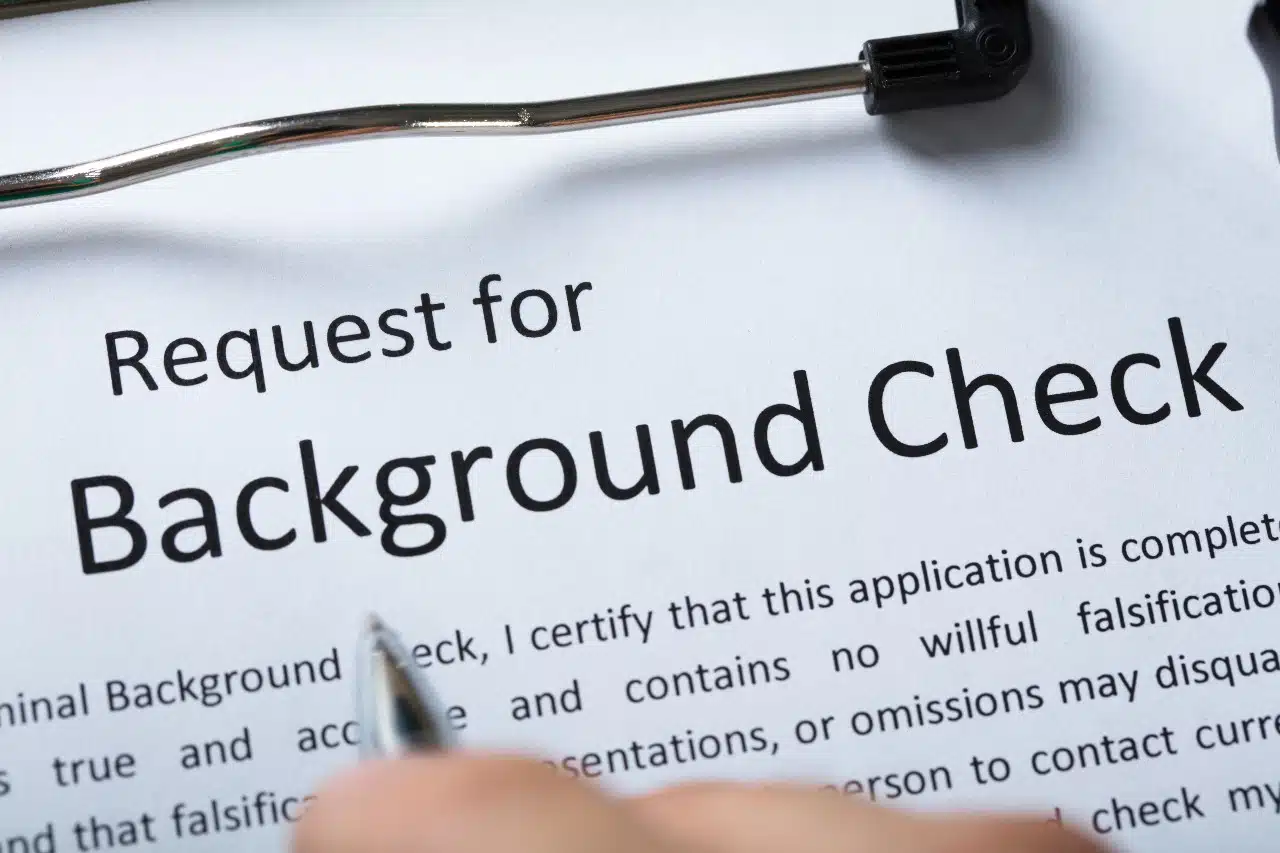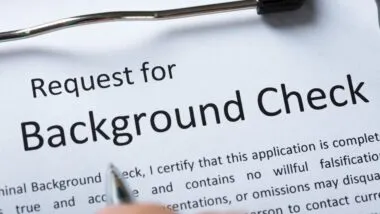 Personal information that can appear on debit and credit card receipts is governed by a federal act passed in 2003.
Personal information that can appear on debit and credit card receipts is governed by a federal act passed in 2003.
Known as FACTA, the Fair and Accurate Credit Transactions Act was passed to further secure the personal information of consumers to help protect them from identity theft via credit card receipts.
In addition to allowing consumers to receive free yearly credit reports from each of the three nationwide reporting agencies (Equifax, Experian and TransUnion), the legislation also protects consumer information from ending up in the hands of identity thieves through specific rules.
FACTA Receipt Rules
FACTA requires all businesses to truncate the credit and debit card information that appears on printed receipts that are provided to consumers.
Before FACTA receipt requirements came along, it was typical for businesses to include the full credit card or debit card account number and expiration date on receipts.
FACTA receipt rules state that businesses must not print more than the last five digits of the account number on consumer credit card receipts. Additionally, no part of a credit card or debit card’s expiration date may appear on a compliant FACTA receipt.
Business Penalties for Violating FACTA Compliance
The penalties assessed on businesses who fail to truncate information on debit and credit card receipts are quite hefty. Both small mom-and-pop stores and large corporations must comply with FACTA rules.
The only receipts not subject to FACTA compliance are those that are hand written or those that are imprinted with credit card information. Also, only consumer copies of receipts must truncate credit card information; businesses may keep their own transaction records that include a full customer account number.
For businesses not in FACTA compliance, law enforcement actions by the Federal Trade Commission can result. Consumer lawsuits are also a way individuals can hold businesses accountable for credit card receipts not complying with FACTA.
If a business is found to have willfully violated FACTA rules, statutory damages between $100 and $1000 may be awarded. Additional damages and attorneys’ fees may also be awarded in consumer lawsuits.
For businesses facing class action lawsuits for violating FACTA, the amount of damages sustained could be in the millions of dollars.
FACTA Class Action Lawsuit Information
Educated consumers have taken steps to secure their personal financial information as well as that of others by filing class action and individual lawsuits against companies who have issued printed receipts that have been noncompliant with FACTA receipt rules.
The legal actions have served as a serious warning to the companies who chose not to comply with the federal legislation and have helped consumers maintain the privacy over there identity and financial data.
If a business has issued a receipt to you that included more than the last five digits of your credit card or debit card account number on the customer copy of your receipt, or if any part of the expiration date was printed, you may be entitled to legal compensation.
An experienced FACTA compliance attorney can review your case for free and can help you decide if filing an individual or class action lawsuit is right for you.
Free FACTA Class Action Lawsuit Investigation
If you made one or more purchases and the retailer provided you with a receipt that contained more than the last five digits of your credit or debit card number or the expiration date, you may be eligible for a free class action lawsuit investigation and to pursue compensation for these FACTA violations.
ATTORNEY ADVERTISING
Top Class Actions is a Proud Member of the American Bar Association
LEGAL INFORMATION IS NOT LEGAL ADVICE
Top Class Actions Legal Statement
©2008 – 2025 Top Class Actions® LLC
Various Trademarks held by their respective owners
This website is not intended for viewing or usage by European Union citizens.















2 thoughts onFACTA Receipt Violations
Can you please get your story straight? On one of your pages you state they have to pay $1000 per each violation and on this page you say $100 to $1000 so which is it?? People depend on your site for information, can you make it accurate at least? Thanks
Carlos, TCA articles either state between $100 and $1000, or up to $1000 may be awarded. We apologize for the confusion. Thank you for being such a diligent Top Class Actions follower!